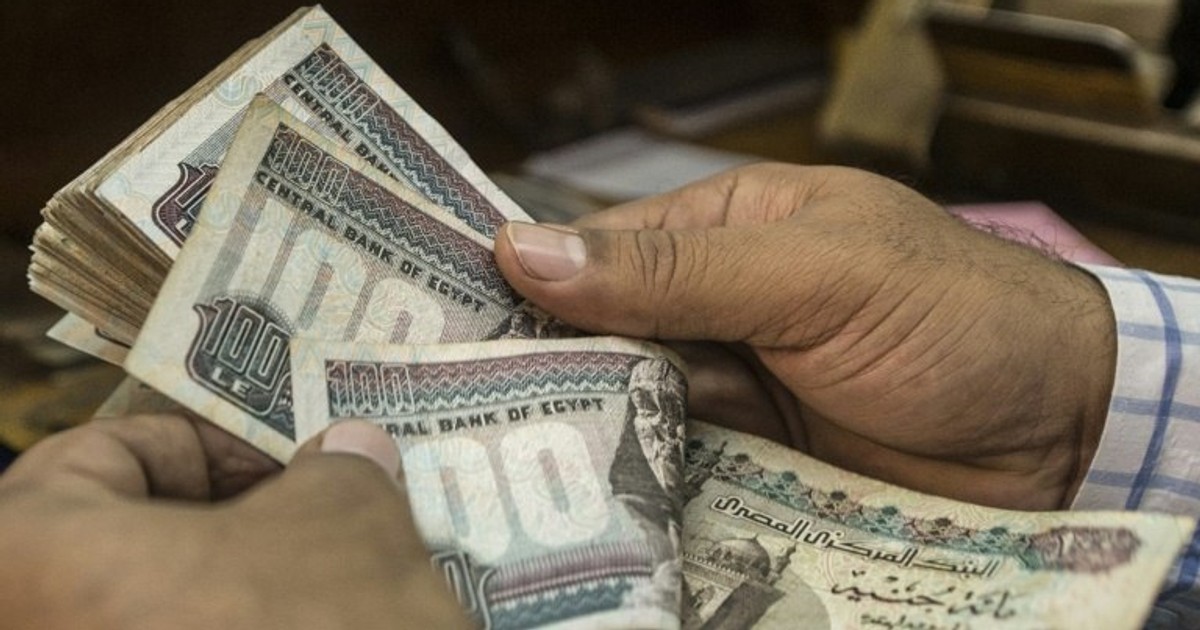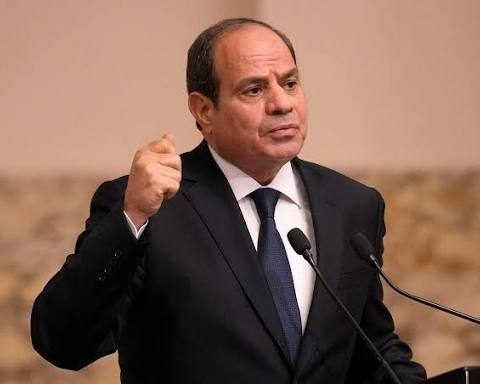Egypt’s annual urban consumer inflation climbed to 12.5% in October, reversing a four-month easing trend and coming in higher than analysts’ expectations, according to data released Monday by the state statistics agency, CAPMAS.
A Reuters poll of 14 analysts had forecast inflation at around 12%, with many anticipating upward pressure from a mid-October fuel price hike and the recent implementation of a law allowing landlords to raise rents. The October figure marks an increase from 11.7% recorded in September.
On a month-on-month basis, prices rose 1.8%, driven largely by food and beverages, which increased 1.2% from September and 1.5% year-on-year. Price pressures intensified after the government raised the cost of fuel products by nearly 13% on October 17.
Join our WhatsApp ChannelREAD ALSO: Nigeria’s Headline Inflation Eases to 18.02% in September 2025 – NBS
Bank of Ghana Cuts Policy Rate To 21.5% Amid Declining Inflation
The new rental law, which took effect in early August and enables landlords to increase monthly rents at the next payment cycle, first affected September inflation but continues to influence price levels heading into the final quarter of the year.
Despite the latest uptick, the inflation rate remains far below the historic peak of 38% reached in September 2023.
The sharp moderation over the past year has been supported by an $8 billion IMF financial package secured in March 2024, combined with improvements in foreign-currency liquidity following earlier shortages that had severely pressured import costs and overall price stability.
Egypt’s central bank, encouraged by the broad cooling of inflation earlier in 2025, implemented successive monetary policy adjustments. It cut the overnight lending rate by 100 basis points on October 2, following a 200-basis-point reduction on August 28, the third and fourth cuts of the year. However, the renewed inflationary momentum may complicate further easing.
Money supply growth remains elevated, with M2 expanding 22.9% year-on-year in September, largely unchanged from August, according to central bank data.
The International Monetary Fund has acknowledged Egypt’s progress under its reform programme but continues to urge the government to widen its revenue base, strengthen fiscal resilience and maintain structural reforms aimed at stabilising the economy.
With fresh price pressures emerging from fuel adjustments, rent reforms and persistent money-supply expansion, economists say the coming months will test Egypt’s ability to sustain its disinflation path while supporting economic recovery.
Amanze Chinonye is a Staff Correspondent at Prime Business Africa, a rising star in the literary world, weaving captivating stories that transport readers to the vibrant landscapes of Nigeria and the rest of Africa. With a unique voice that blends with the newspaper's tradition and style, Chinonye's writing is a masterful exploration of the human condition, delving into themes of identity, culture, and social justice. Through her words, Chinonye paints vivid portraits of everyday African life, from the bustling markets of Nigeria's Lagos to the quiet villages of South Africa's countryside . With a keen eye for detail and a deep understanding of the complexities of Nigerian society, Chinonye's writing is both a testament to the country's rich cultural heritage and a powerful call to action for a brighter future. As a writer, Chinonye is a true storyteller, using her dexterity to educate, inspire, and uplift readers around the world.















